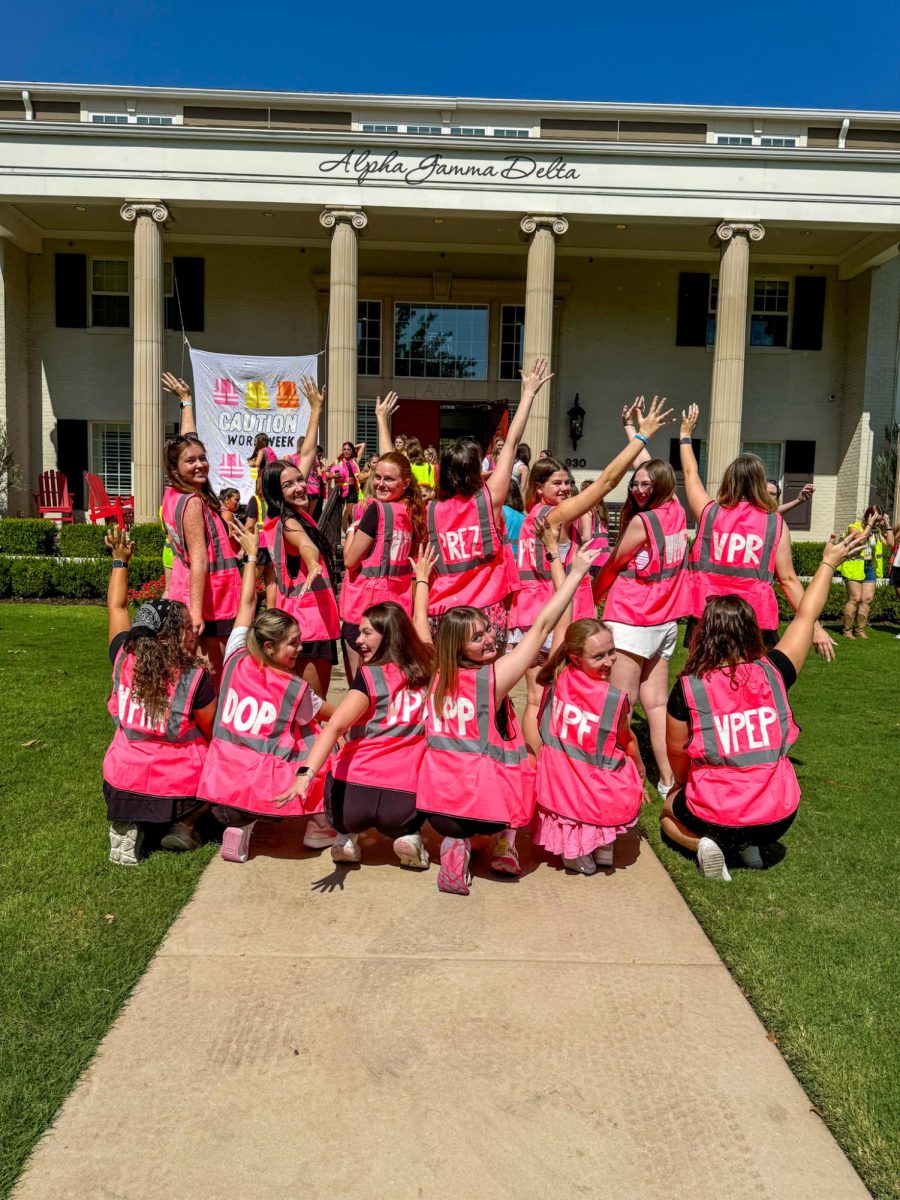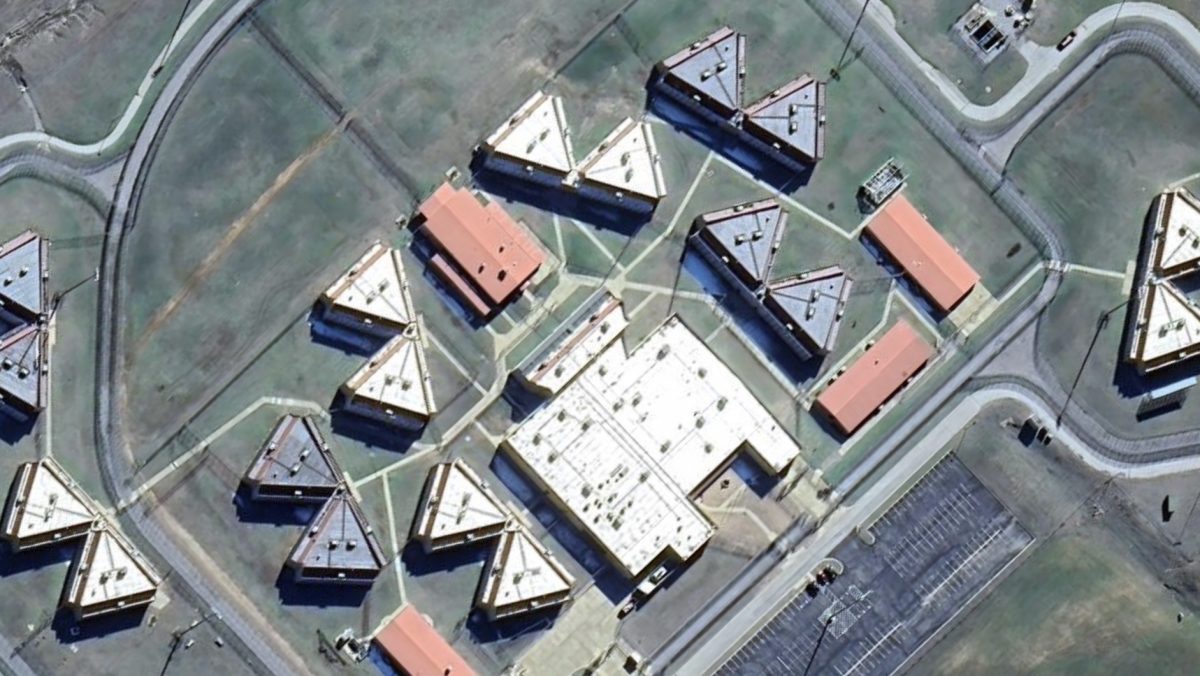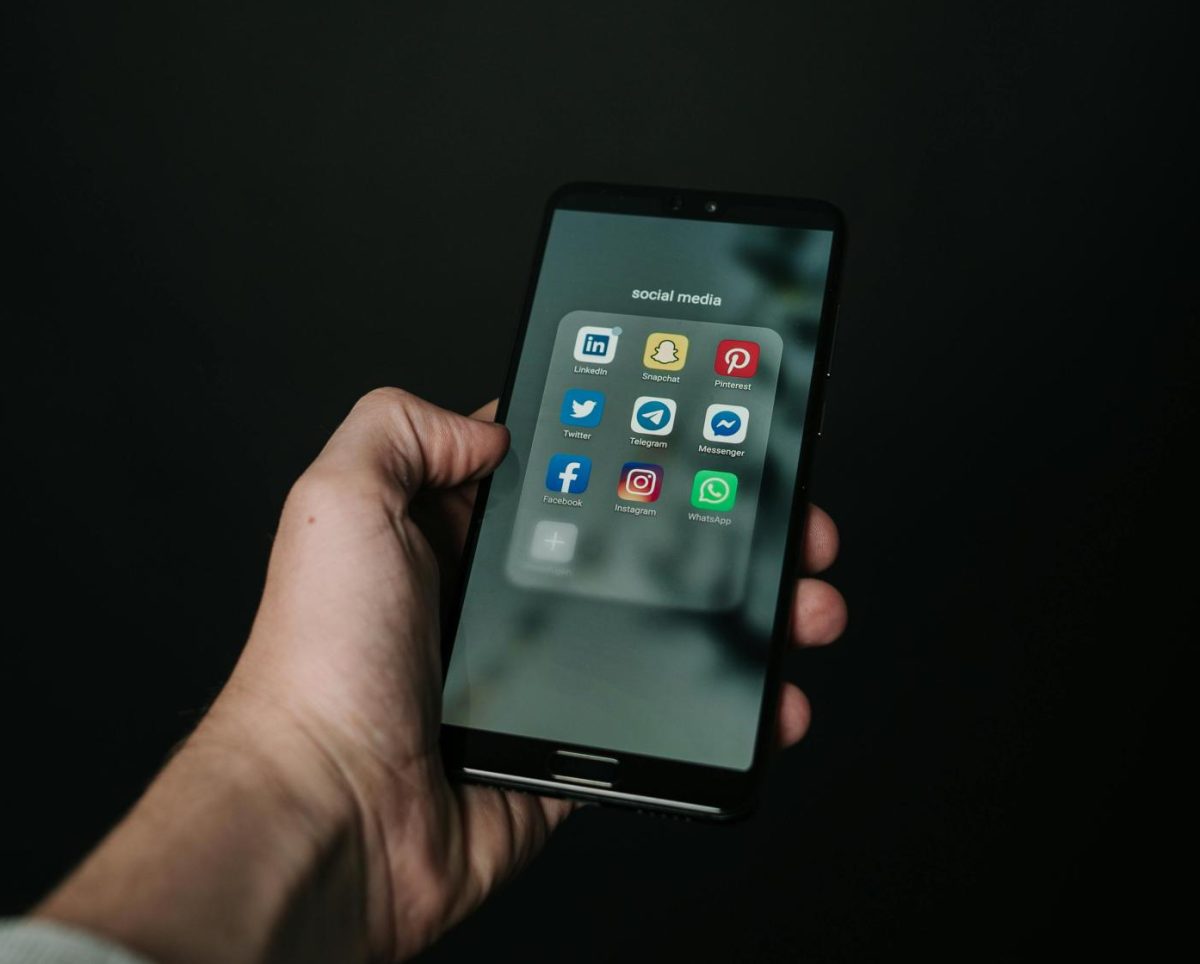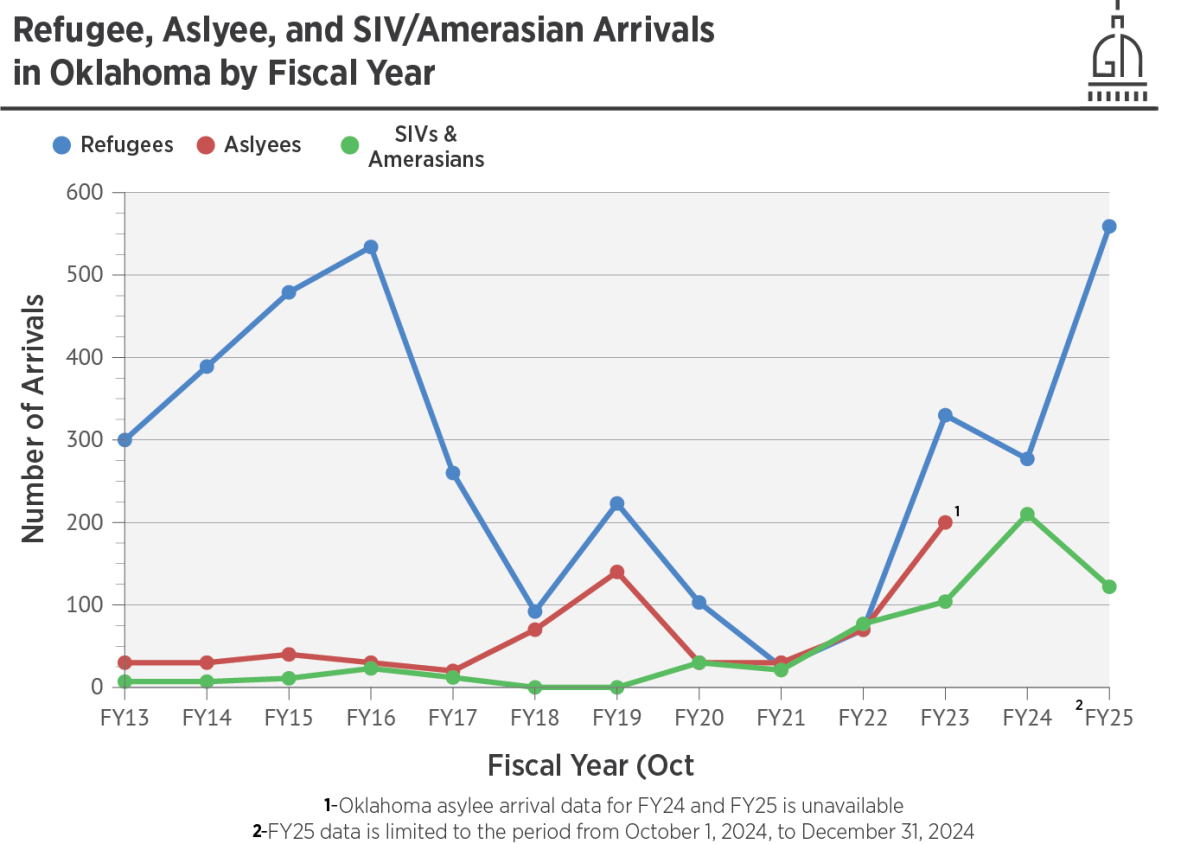WASHINGTON – It appears that my generation is about to lose its crutch.
In a little more than nine days the government is set to take TikTok away if arguments held Friday before the Supreme Court fail as expected. For older generations, it may be hard to grasp why this silly little social media site is so important to my generation. But it’s what got us through the pandemic.
Gen-Z loves a trend. And TikTok is a social media platform that plays into this beautifully. So much of what connects my generation—humor, fashion cycles, and social activism has its connective tissue to TikTok.
Social movements gained traction because of videos on the platform and their appeal across demographics.
TikTok helped to mobilize Generation Z in the Black Lives Matter movement in 2020 and the COVID-19 lockdowns that summer. The App’s unique algorithm promoted videos that explained the situations that many black Americans were facing to an audience that otherwise would not have heard their message.
When Roe v. Wade was overturned by the Supreme Court in June of 2022, it was TikTok users who took to the app to not only voice their feelings but also to spread information about resources for people in states with trigger bans.
Unlike other social media platforms, TikTok has an almost inseparable link to Generation Z, with 70% of teens in 2023 interacting with the platform and 76% of social media users between 18 and 24 having accounts.
But, this may have to do with the history of the platform as anything else. In 2018, Byte Dance—the Chinese parent company— bought the social media platform Musical.ly, which had a young user base of social-media-literate teenagers.
Two years later user numbers exploded as teenagers, looking for an outlet to connect with people during COVID lockdowns, found TikTok. That’s when the company saw its largest expansion of users.
People of all ages took to the platform to ward off boredom and to find connections during a time when human interaction was limited.
But Gen-Z stuck around after lockdowns ended and a generational connection to the platform formed. From sourdough bread to dance trends to literally just talking to the camera, scrolling through TikTok became an emotional crutch and a distraction from the uncertainty of real life.
As a longtime user (I joined the platform in early 2019) TikTok has essentially replaced the YouTube culture I grew up with and has become the preferred platform of those looking to become the cream of the social media crop.
Instead of posting daily “get ready with me” videos and Vlogs (even shorter videos) on YouTube, creators have flocked to the short-form content of TikTok as the generational attention span has gotten shorter.
TikTok is not all sunshine and rainbows. There is genuine criticism of the app’s promotion of overconsumption and quick trend cycles. In the world of fast fashion and its detrimental effects on the environment, some TikTok creators promoted the “more is better” school of thought—which isn’t helped by the app’s “TikTok shop” that promotes in-app purchases of basically anything (One of my friends bought a blender, a purse, and a rubber duck in the same purchase order).
However, in recent months there’s been pushback among Gen-Z users and a return to “underconsumption-core” is becoming more of a norm.
Besides influencers and brands using the platform’s popularity to market products or themselves, TikTok has also become a place where news and culture interact.
For example, last night I went down a rabbit hole of CSPAN clips on its official account, which started when a clip of Jason Carter’s eulogy for his Grandfather 39th President Jimmy Carter popped up on my algorithm-driven For You Page. This rabbit hole led me to reflect on all of the news content that I have consumed on the platform over the years including some spectacular coverage by the Washington Post.
This shows that there is more than just the silly little dances and the idealized content that is popular on the platform. TikTok’s user-developed style of information presentation has made the news palatable for a younger generation.
But beyond the way the platform has made news trendy and interesting for a generation that seems to be burnt out by the traditional news cycle, TikTok has also fostered genuine connections through the algorithm’s ability to forge unlikely communities.
Take OU Grad Katie Hallum for example. In 2021, Hallum posted a comedic video that went viral referring to her failing kidneys. Through the engagement, Hallum was not only able to increase awareness for kidney disease and the kidney donor process, she also found a donor through a commentator on the video, who was a kidney match. It is no stretch to say that Hallum’s life would look very different today without TikTok.
For me, I found a large supporter base on one of my own videos. The video was made about a new policy by OU’s Student Conduct Office. I used the platform as a way of processing my own feelings about the changes, but also as a way of finding anecdotal evidence from other Southeastern Conference students about similar situations that they were facing at their universities.
Without TikTok’s algorithm and its way of recommending topics and videos to people, there is no way that my video would have gotten nearly the attention that it received online, where it reached nearly 150,000 views within a week.
I can say now that I have a lot of regrets about not using the platform to the fullest while it was still available. I filmed so many silly videos or just little commentaries that are just sitting in the account drafts and I have a feeling that other creators and users feel the same.
Sometimes people were just using the platform as a way to go viral, make money, and become an influencer. But for everyday folks, it was an outlet for self-expression and engagement with strangers or friends. Sharing TikToks became a nightly tradition for my friends and was something that I honestly looked forward to at the end of my days.
Overall, TikTok has been, for me and many of my generation, a defining experience of our young lives. It’s going to feel weird describing the impact that this social media site had to younger generations (now I know how millennials feel about MySpace) but I hope that the social connections and revolutionary algorithmic-driven user interface will still find its way to other platforms.
As for me, I’m afraid to say that I probably will be joining the millions of users who will just spend hours brain-rotting on copycat social media such as Instagram’s “Reels” or YouTube “Shorts.” TikTok has undoubtedly reshaped my generation’s media consumption and has pushed us towards content that is short, sweet, and to the point.
I don’t know if the damage to our attention spans can be fixed- much less that of the Generation Alpha kiddos who have been on the platform for even more of their formative years.
But media consumption is always evolving. Who knows- some startups could learn from TikTok’s mistakes and fill the demand within the year. That’s the thing with social media- you never know what’s the next big thing.
Gaylord News is a reporting project of the University of Oklahoma Gaylord College of Journalism and Mass Communication. For more stories by Gaylord News go to GaylordNews.net.








